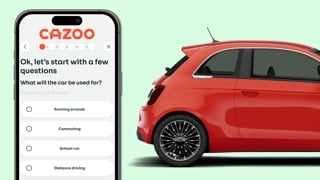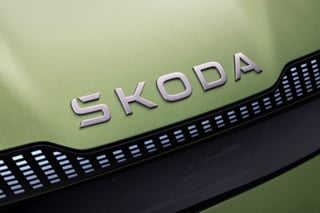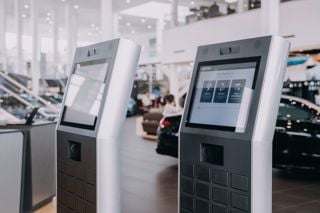Dealers can help to improve their natural search ranking on Google by performing monthly healthchecks using free tools and keeping track of the way the search giant continues to change the way it ranks websites.
Google made changes last year to the way it rates websites which rewards content-rich and often updated websites with higher rankings, while punishing those which failed to deliver new and unique information.
Google’s ‘Penguin’ update in April of this year marked another significant way it ranks sites, weeding out those with links from websites with poor content (or with obviously ‘paid for’ links) in favour of those with strong, quality, naturally acquired links.
Motoring.co.uk believes the changes have meant some dealers have seen their web traffic half. Some dealers are still grappling with the changes, while Google continues to deepen its role in online search for new and used cars.
New research from Motoring.co.uk shows that Google continues to dominate search for cars with 70% of car buyers beginning their search for their next new or used car on Google. A further third of buyers will use Google to find their local dealer and 40% will visit the search engine first, when they start their research their online.
Chris Green, co-founder and sales director at Motoring.co.uk, said: “Although dealers may have heavily invested in search engine optimisation (SEO) over the last 12 months, they may not have seen a huge effect, while some may have seen a significant drop in organic traffic.
“Dealers that have invested in changing their websites to optimise search and rankings are in the best position to capture potential online leads versus their competitor who have not. The good news is that it’s not too late for those willing to follow a few simple steps.”
Motoring.co.uk top 10 SEO tips:
1) Update dealer websites with unique rich content. This could include their own news or what’s happening with the group and offers. Freshly updated content is essential to add real value to a dealer’s website. Any content added should be unique and not copied from existing sites. A useful, information-rich site, with clearly written pages and accurate descriptions will impact positively on SEO rankings.
2) Reviews – dealers should allow customers to actually log into their own website and give feedback when they have bought a car or had a service. Dealers should encourage consumers to give feedback which will make staff work harder to provide a better service and allows dealers to capture valuable data. Along with breeding site loyalty.
3) Dealers should also explore the value of using third party websites and not just Google to generate extra traffic to their websites.. Any good third party website owner should be able to provide full reporting in order for the dealer to see that their marketing spend is actually working.
4) Make sure Google can read and index content from your website. There are free tools available like Google Webmaster which can be used to identify errors in a website. The tool can detail any information it had difficulty searching, the type of problem and the page or pages on which any errors was found.
5) Pictures - Dealers need to be on the ball when it comes to photos especially when they can benefit from Google images, which is now a top 10 for UK search.


















Login to comment
Comments
No comments have been made yet.